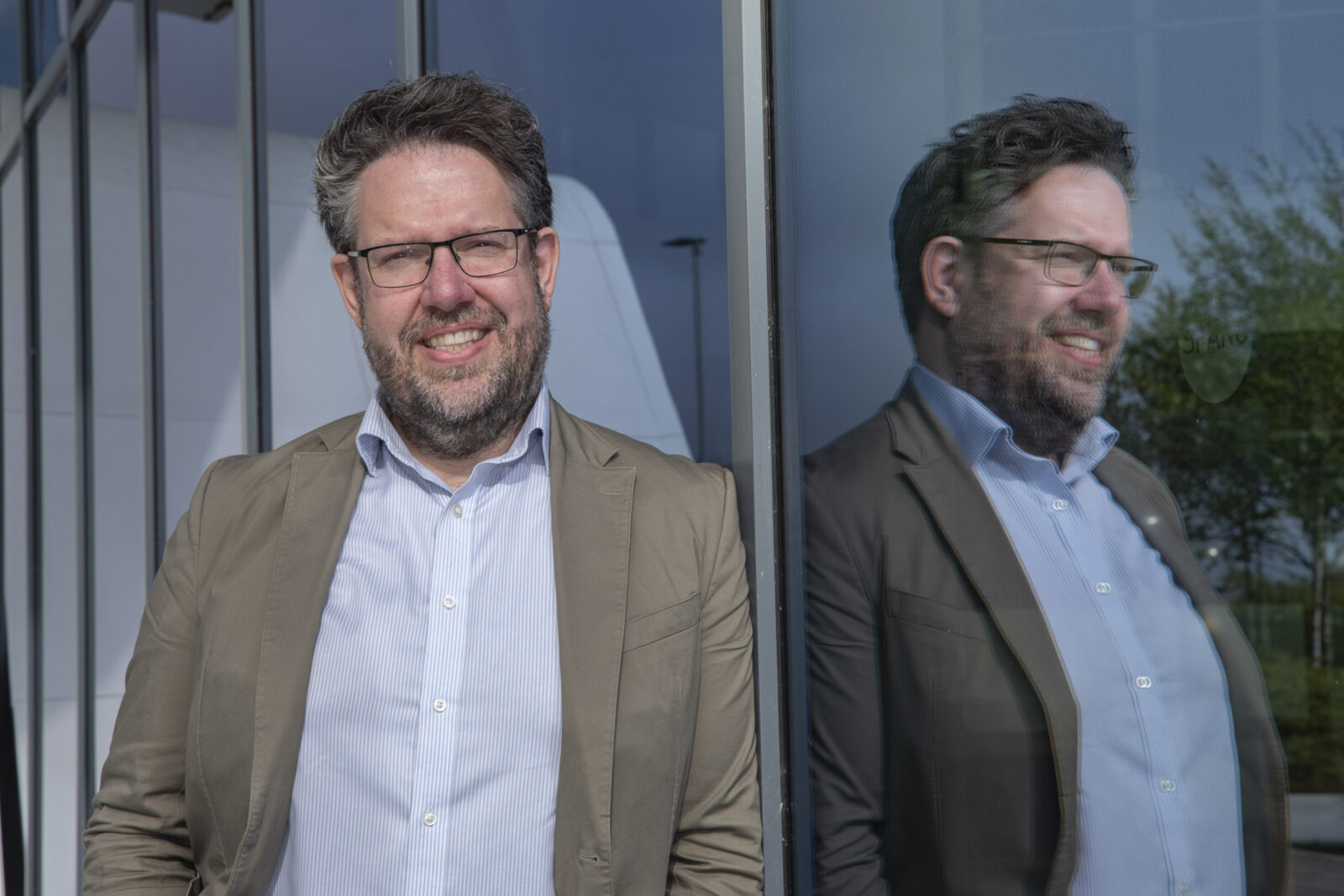Young people under 30 are happy to pay more to shop in Welsh, new research has revealed.
The survey carried out by leading economist Dr Edward Jones, of Bangor University, showed that 70 per cent of 20 to 29-year-olds were willing to pay a premium for a product or service provided in Welsh.
The number of those happy to dig deeper to use Welsh to shop and do business falls among older age groups but is still significant with 46 per cent of over 50s still happy to spend more for the privilege.
The results of the survey have been welcomed by Zoe Pritchard who works at Anglesey-based business consultancy Lafan who are promoting the Bwrlwm ARFOR campaign – bwrlwm means buzz or chatter – to encourage businesses to use Welsh to boost their bottom line.
The campaign is targeting four Welsh language heartland counties – Gwynedd, Ynys Môn, Ceredigion and Carmarthenshire.
Their work is part of the ARFOR Two scheme that was launched in 2022 in succession to the 2019 ARFOR programme to continue to strengthen and promote the economic resilience of the Welsh language in the four counties and is financed by the Welsh Government.
Zoe Pritchard, the Bwrlwm ARFOR project manager, said: “The survey shows how the use of Welsh by businesses is not a case of paying lip service to an ideal but actually makes hard-headed commercial sense.
“Putting the Welsh language at the heart of your operation can help businesses thrive and provide careers for our young people so they don’t feel they have to move away.”
Dr Jones, of Bangor University’s acclaimed Business School and a Welsh speaker from Anglesey himself, said: “The Welsh language can provide a competitive advantage to businesses with young people willing to pay more for a service or product in their mother tongue.
“There are so many businesses competing for customers so being different, even unique, is more important than ever.
“Developing a unique selling point (USP) is key and here in Wales, using and supporting the Welsh language can provide that USP for businesses.
“Audi, one of the world’s most successful car manufacturers, realised that using a native language as a marketing tool can be advantageous.
“They used Vorsprung durch Technik in a marketing campaign a few years ago, which roughly means Innovation through Technology, to convey the authenticity of Germany as a country that excels in the field of engineering.
“Our research which was carried out in the Pen Llŷn area of Gwynedd shows that the Welsh language also has an important role to play in business.
“The business owners we canvassed see the Welsh language as a competitive advantage which can attract users from near and far.
“Visitors and local people alike appreciate the use of the Welsh language, a large majority of respondents preferred bilingual marketing material, and young people were willing to pay more for a product or service in their mother tongue.
“This is evidence for companies that there is demand for and money to be made from operating in the Welsh language.
“That doesn’t just apply to local businesses in Wales either. Supermarket giants Aldi have also won praise for their use of Welsh in their marketing.
“Aldi are a listed company so their primary objective is to make the biggest possible profit and they simply would not use the Welsh language to the same extent unless it had a benefit to their bottom line.
“M-SParc on Anglesey is another example of using language – it’s Menai Science Parc with the play on the Welsh word sparc, English spark, for the sparc of ingenuity. It’s using language to create that discussion.”
He has been backed up by Edward Morgan, Group Corporate Social Responsibility and Training Manager for one of Wales’s leading food wholesalers, Castell Howell Foods.
He said: “The Welsh language definitely helps us as a business – it reinforces our heritage and identity as a company and we realise that it is very important to those of our customers who use it as a first language.
“It is difficult to ensure that everyone who deals with customers is a Welsh speaker, but we are fully aware that it is an advantage to recruit bilingual staff, especially in the strongholds of the Welsh language in the north and west.”
Zoe Pritchard added: “Dr Jones’s survey demonstrates that Welsh is a vibrant living language and that it can have real commercial benefits and relevance, particularly across the four counties.
“We want to create plenty of noise and a buzz around encouraging businesses large and small to use Welsh, focusing on those across the four counties which make good use of the language and use it with confidence and pride.
“They offer great service, they employ Welsh-speaking staff and for the tourism sector it’s a no-brainer because it’s a USP and if we don’t use Welsh or have the language actively seen or heard in shops and businesses across the ARFOR area, then we’re probably losing out as an economy.”
ARFOR Two is part of the Welsh Government Co-operation Agreement with Plaid Cymru and follows an earlier ARFOR programme launched in 2019.
It is intended to provide economic support to communities that are strongholds of the Welsh language, increase opportunities to see and use the Welsh language on a daily basis and help young people under the age of 35 to stay in or return to their communities.
For more information about Bwrlwm ARFOR and the support that’s available for the use of Welsh in business contact Lafan by emailing [email protected]








Leave a Reply
View Comments